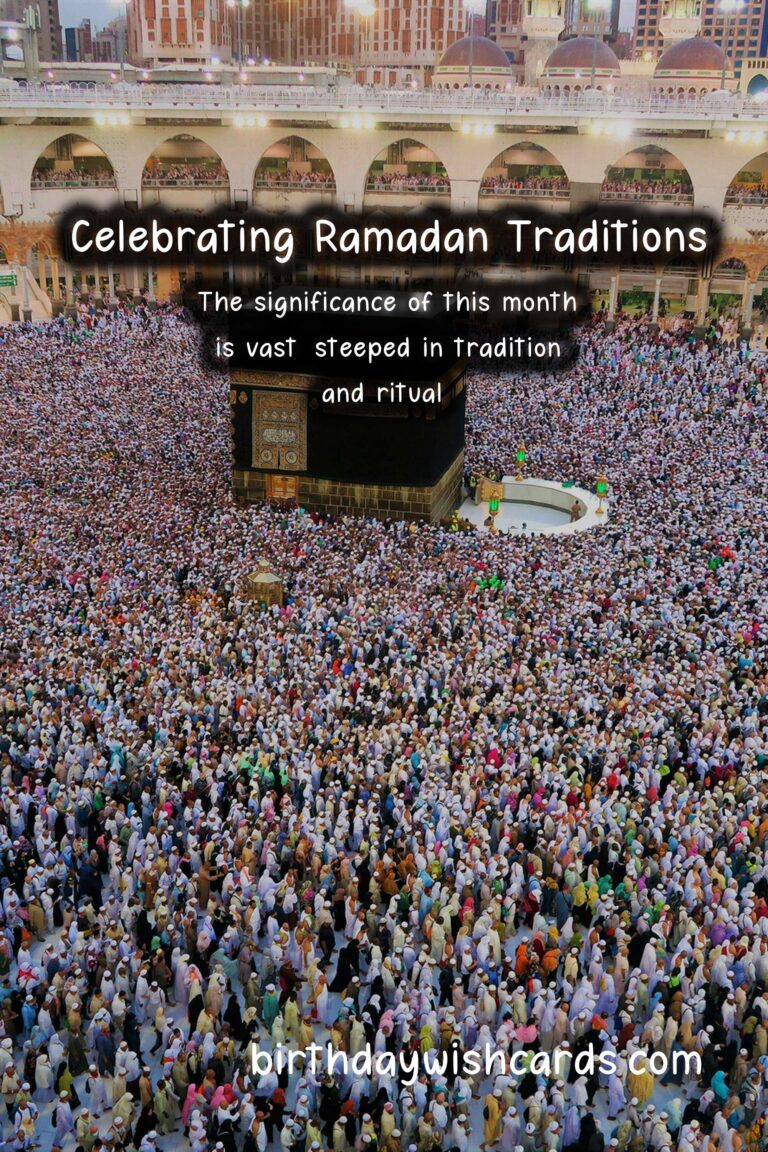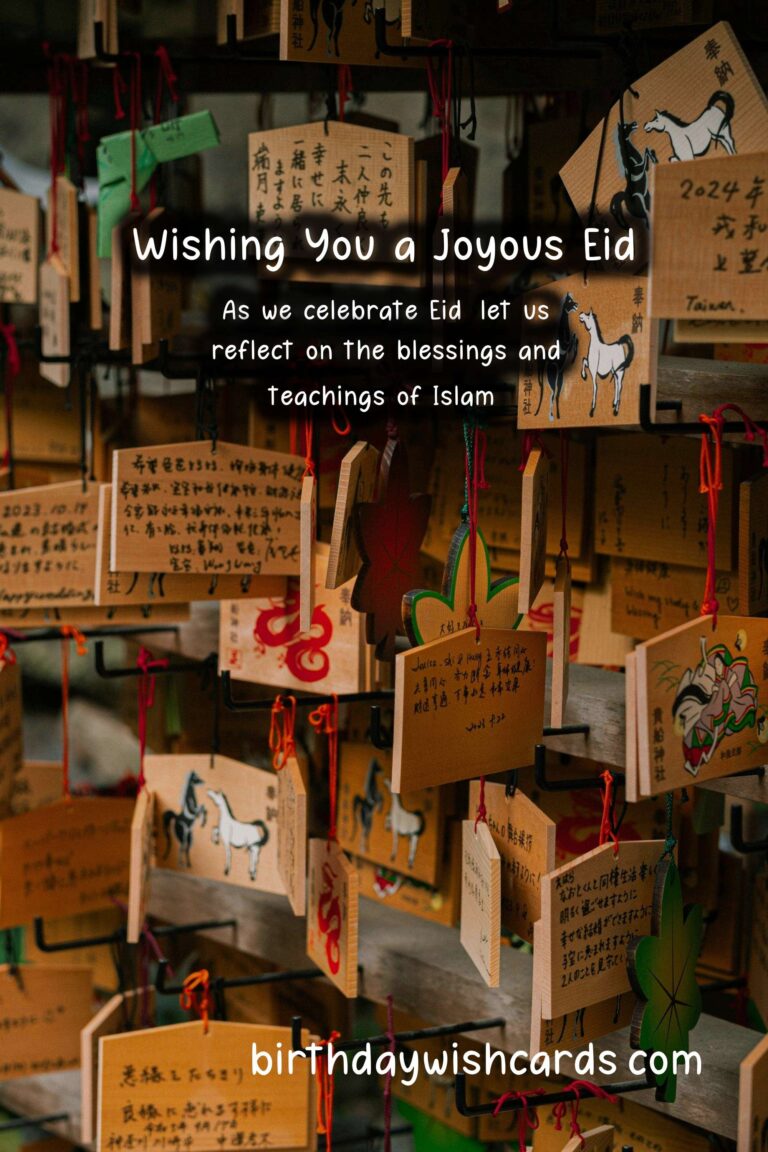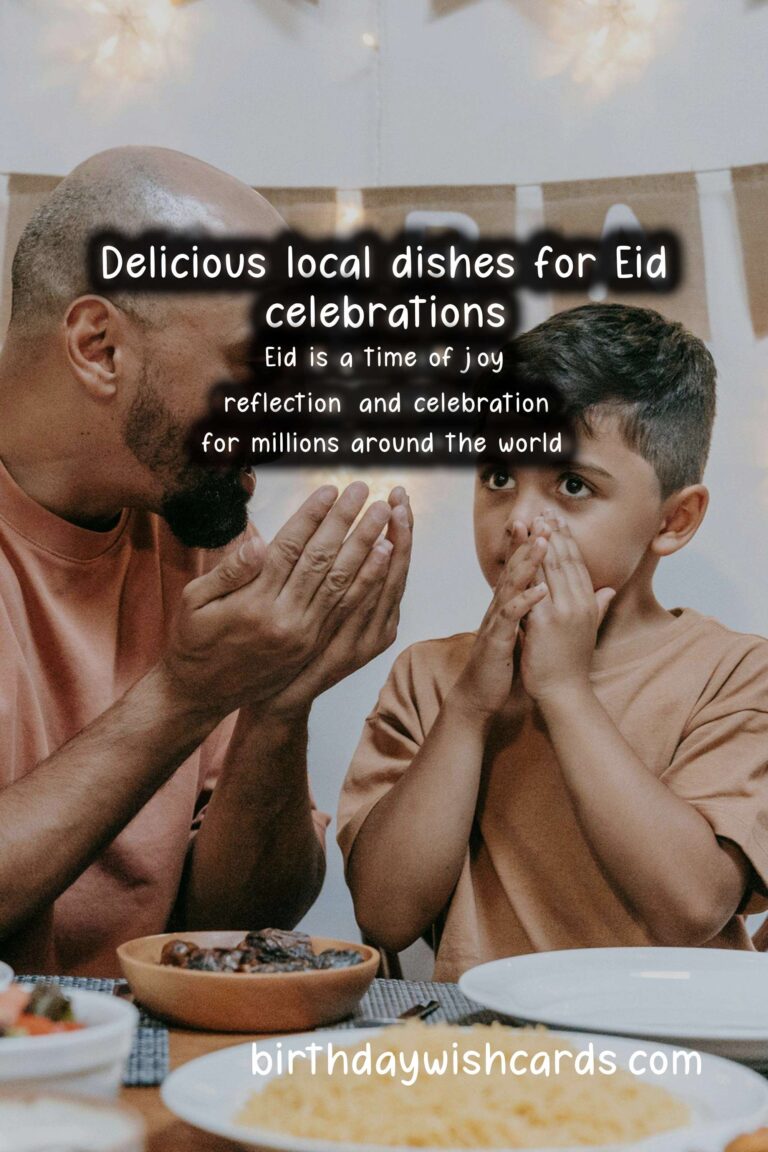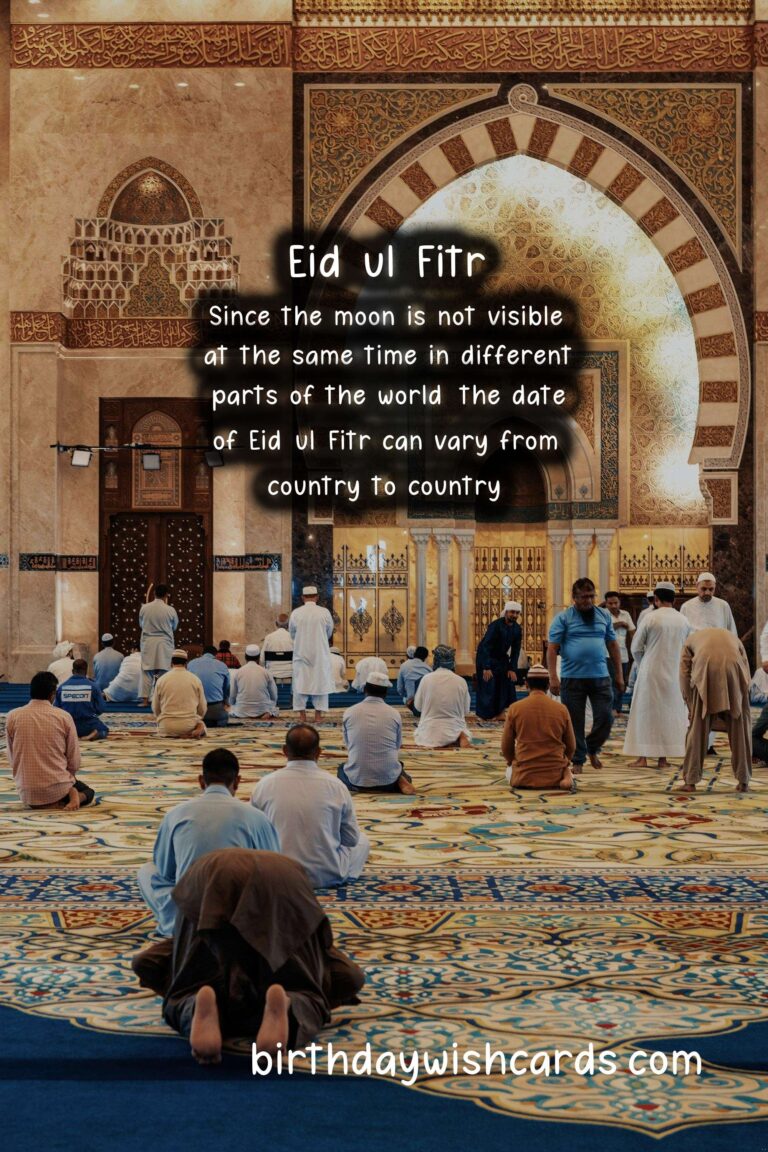Ramadan – The Holy Month of Fasting and Spiritual Reflection
Ramadan – The 9th Month of the Islamic Calendar
Ramadan is the ninth month of the Islamic calendar, a time of fasting, prayer and spiritual reflection for Muslims all over the world. It is considered to be the holiest month in the Islamic year, as it is believed to be the month in which the first verses of the Quran, the holy book of Islam, were revealed to the Prophet Muhammad.
During this month, Muslims observe a strict fasting from sunrise to sunset, abstaining from food, drink and other worldly pleasures. It is a time of self-discipline, charity and an opportunity for spiritual growth.
The Significance of Ramadan
Ramadan is a time of great importance for Muslims, as it is believed that by fasting and engaging in spiritual reflection, one can purify their soul and strengthen their faith. The month of Ramadan is also seen as a time for self-evaluation and improving one’s relationship with God.
Fasting in Ramadan
During Ramadan, Muslims abstain from food, drink and smoking from sunrise to sunset. This is not only a physical fast, but also a mental and emotional one, as it requires patience, self-control and discipline.
Breaking fast is done at sunset, with a meal called iftar. Muslims usually break their fast with dates and water, in accordance with the Sunnah of the Prophet Muhammad. After iftar, Muslims engage in evening prayers, called taraweeh, which are held at the mosque.
Spiritual Reflection and Charity
In addition to fasting, Ramadan is also a time for increased acts of charity and generosity. Muslims are encouraged to give to those in need, whether it be through donating money, food or other resources. This is seen as a way to purify one’s wealth, and an important aspect of the month’s spiritual practice.
In addition to charity, Ramadan is a time for spiritual reflection, through increased prayer, recitation of the Quran and engaging in acts of kindness towards others.
The End of Ramadan – Eid al-Fitr
After 29 or 30 days of fasting, the end of Ramadan is marked by the celebration of Eid al-Fitr, also known as the Festival of Breaking the Fast. This is a time of joy and festivities, as Muslims gather with friends and family to share meals, exchange gifts and pray together.
As per the Islamic tradition, the sighting of the new moon marks the end of Ramadan. The following day is celebrated as Eid al-Fitr, with prayers at the mosque, followed by celebrations with loved ones.
The month of Ramadan is not just about abstaining from food and drink, but it is also a time for self-reflection, spiritual growth, and acts of kindness and generosity. As such, it is a deeply significant and cherished month in the Islamic calendar, observed by millions of Muslims around the world.
Ramadan is the ninth month of the Islamic calendar, a time of fasting, prayer and spiritual reflection for Muslims all over the world.
It is considered to be the holiest month in the Islamic year, as it is believed to be the month in which the first verses of the Quran, the holy book of Islam, were revealed to the Prophet Muhammad.
During this month, Muslims observe a strict fasting from sunrise to sunset, abstaining from food, drink and other worldly pleasures.
It is a time of self-discipline, charity and an opportunity for spiritual growth.
The month of Ramadan is also seen as a time for self-evaluation and improving one’s relationship with God.
Ramadan is a time of great importance for Muslims, as it is believed that by fasting and engaging in spiritual reflection, one can purify their soul and strengthen their faith.
The month of Ramadan is also seen as a time for self-evaluation and improving one’s relationship with God.
During Ramadan, Muslims abstain from food, drink and smoking from sunrise to sunset.
This is not only a physical fast, but also a mental and emotional one, as it requires patience, self-control and discipline.
Breaking fast is done at sunset, with a meal called iftar.
Muslims usually break their fast with dates and water, in accordance with the Sunnah of the Prophet Muhammad.
After iftar, Muslims engage in evening prayers, called taraweeh, which are held at the mosque.
In addition to fasting, Ramadan is also a time for increased acts of charity and generosity.
Muslims are encouraged to give to those in need, whether it be through donating money, food or other resources.
This is seen as a way to purify one’s wealth, and an important aspect of the month’s spiritual practice.
In addition to charity, Ramadan is a time for spiritual reflection, through increased prayer, recitation of the Quran and engaging in acts of kindness towards others.
After 29 or 30 days of fasting, the end of Ramadan is marked by the celebration of Eid al-Fitr, also known as the Festival of Breaking the Fast.
This is a time of joy and festivities, as Muslims gather with friends and family to share meals, exchange gifts and pray together.
As per the Islamic tradition, the sighting of the new moon marks the end of Ramadan.
The following day is celebrated as Eid al-Fitr, with prayers at the mosque, followed by celebrations with loved ones.
The month of Ramadan is not just about abstaining from food and drink, but it is also a time for self-reflection, spiritual growth, and acts of kindness and generosity.
As such, it is a deeply significant and cherished month in the Islamic calendar, observed by millions of Muslims around the world.

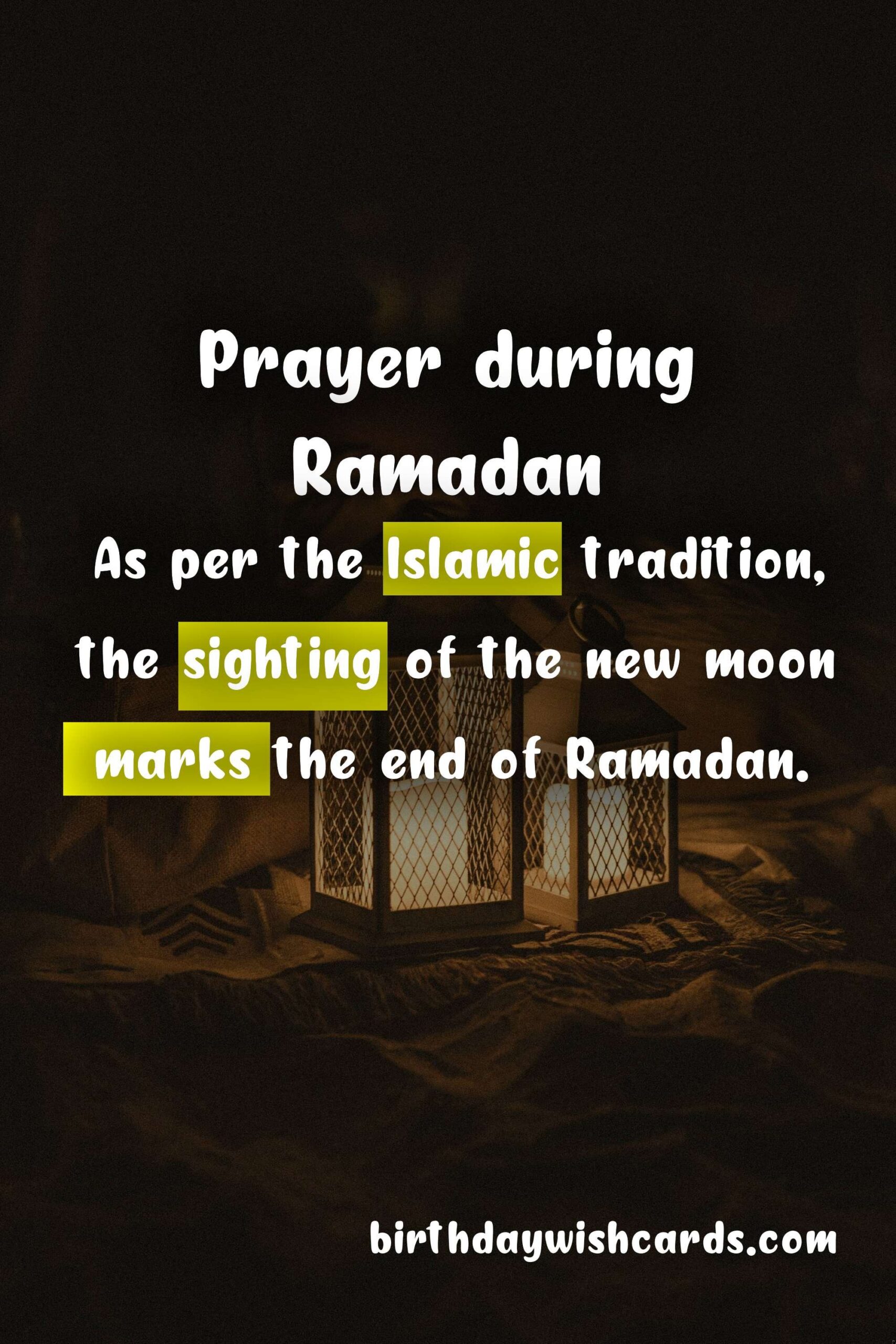
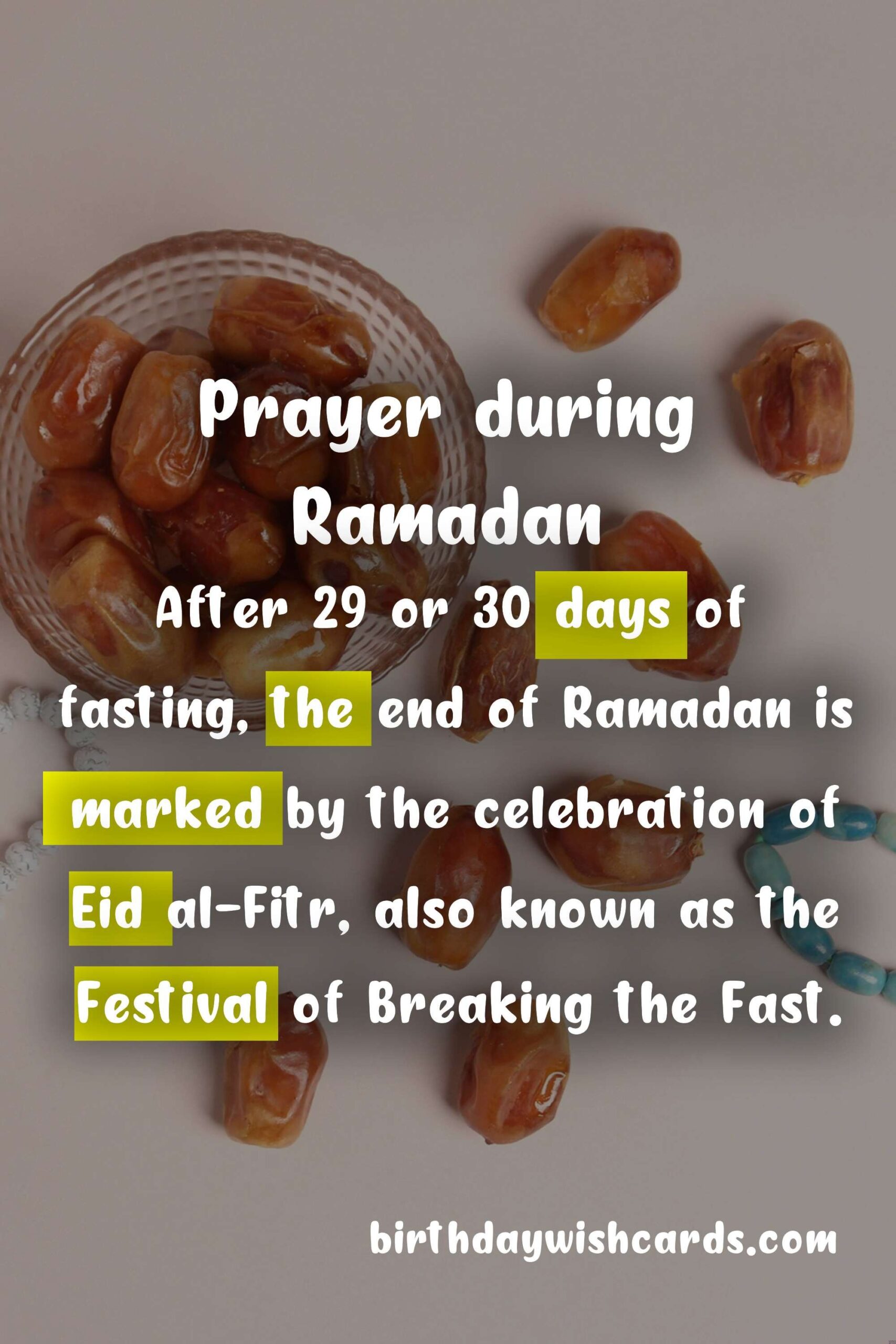
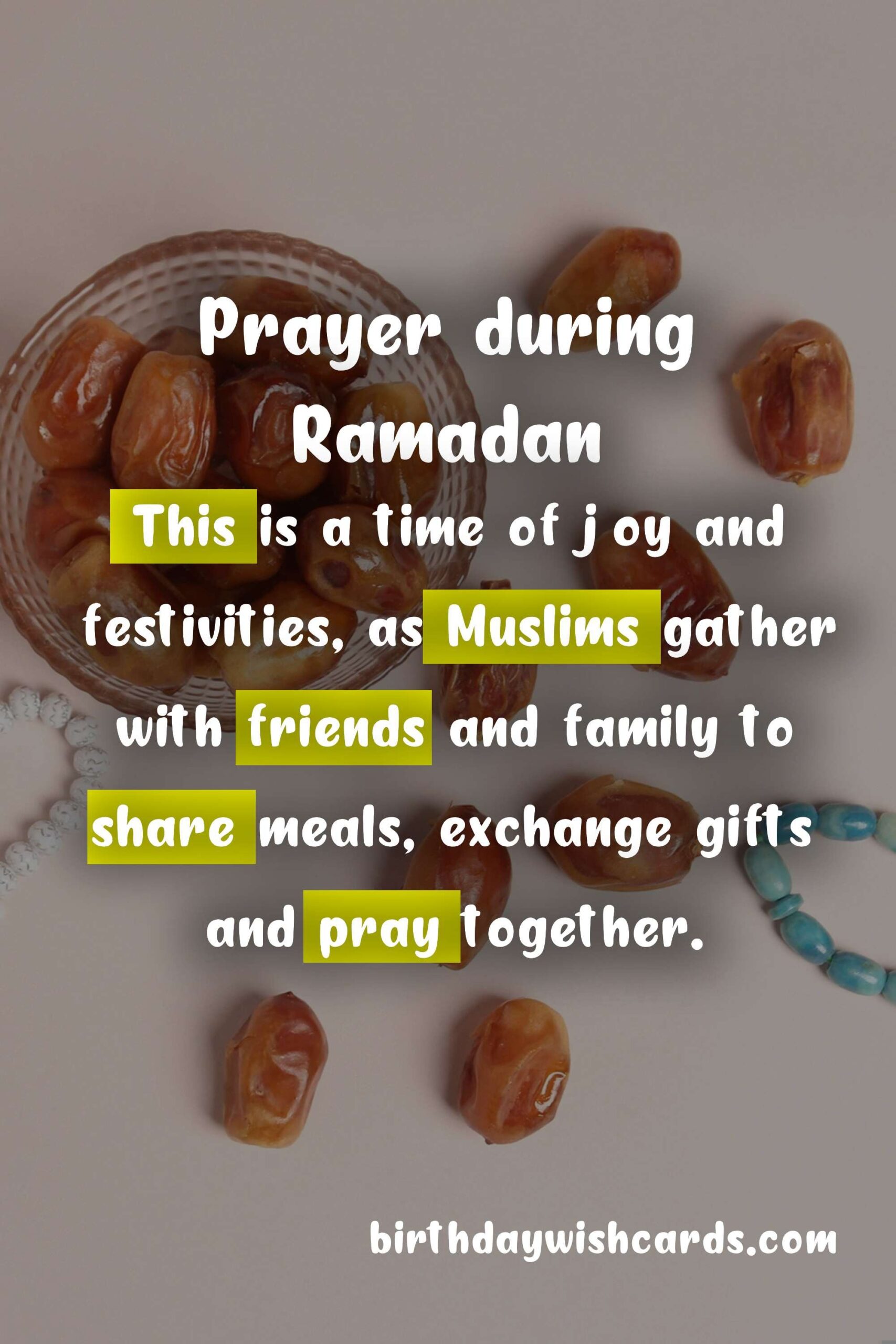
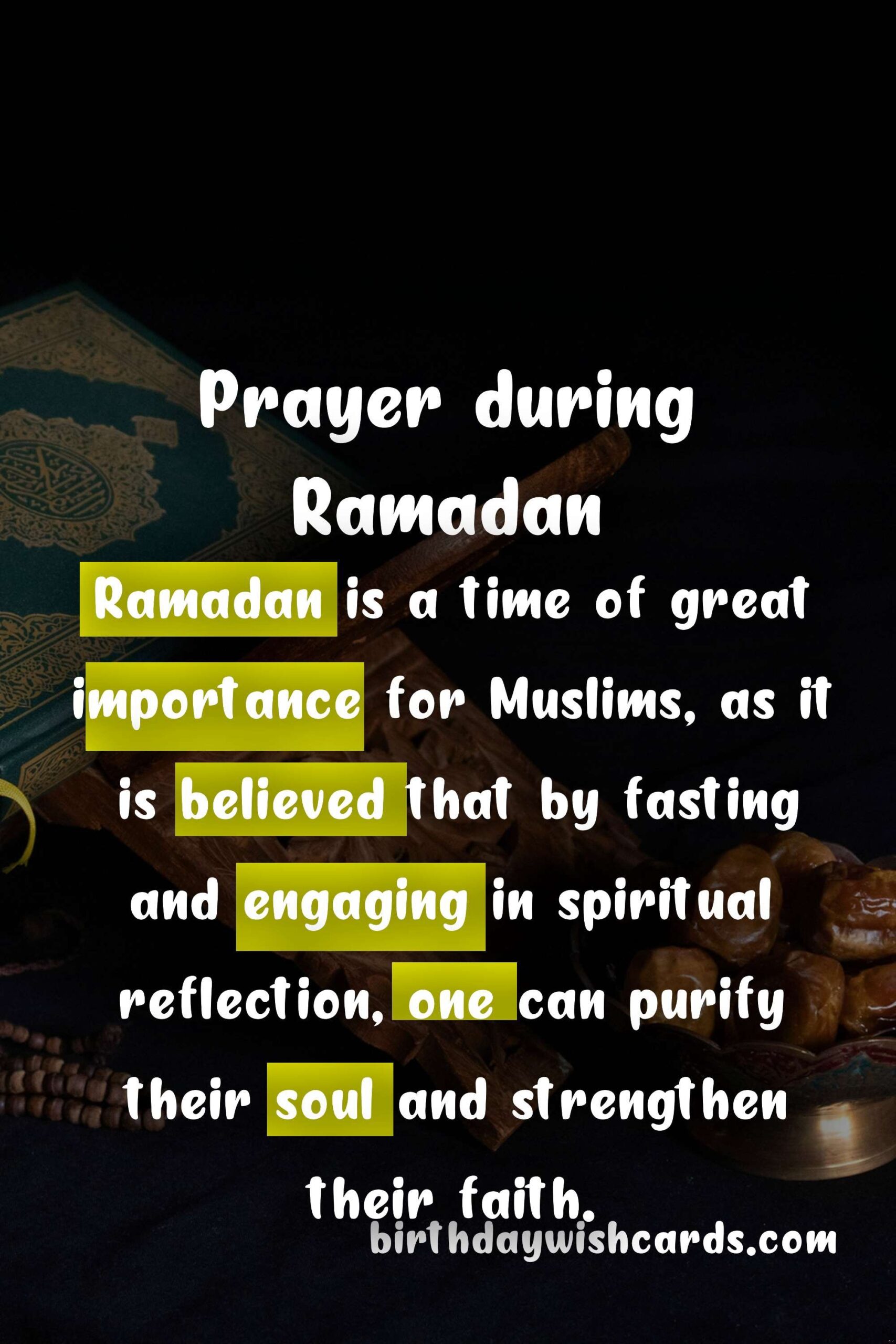
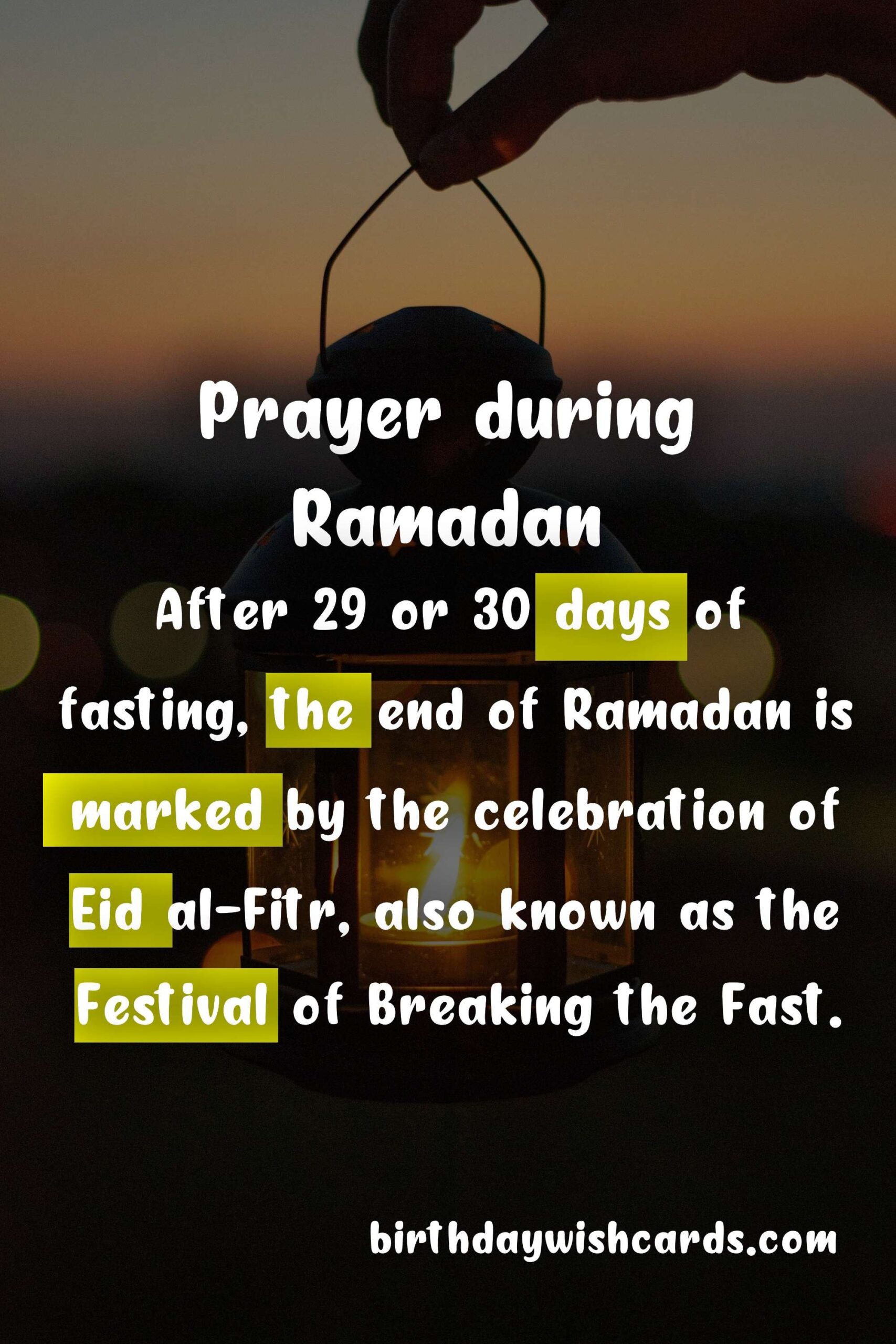
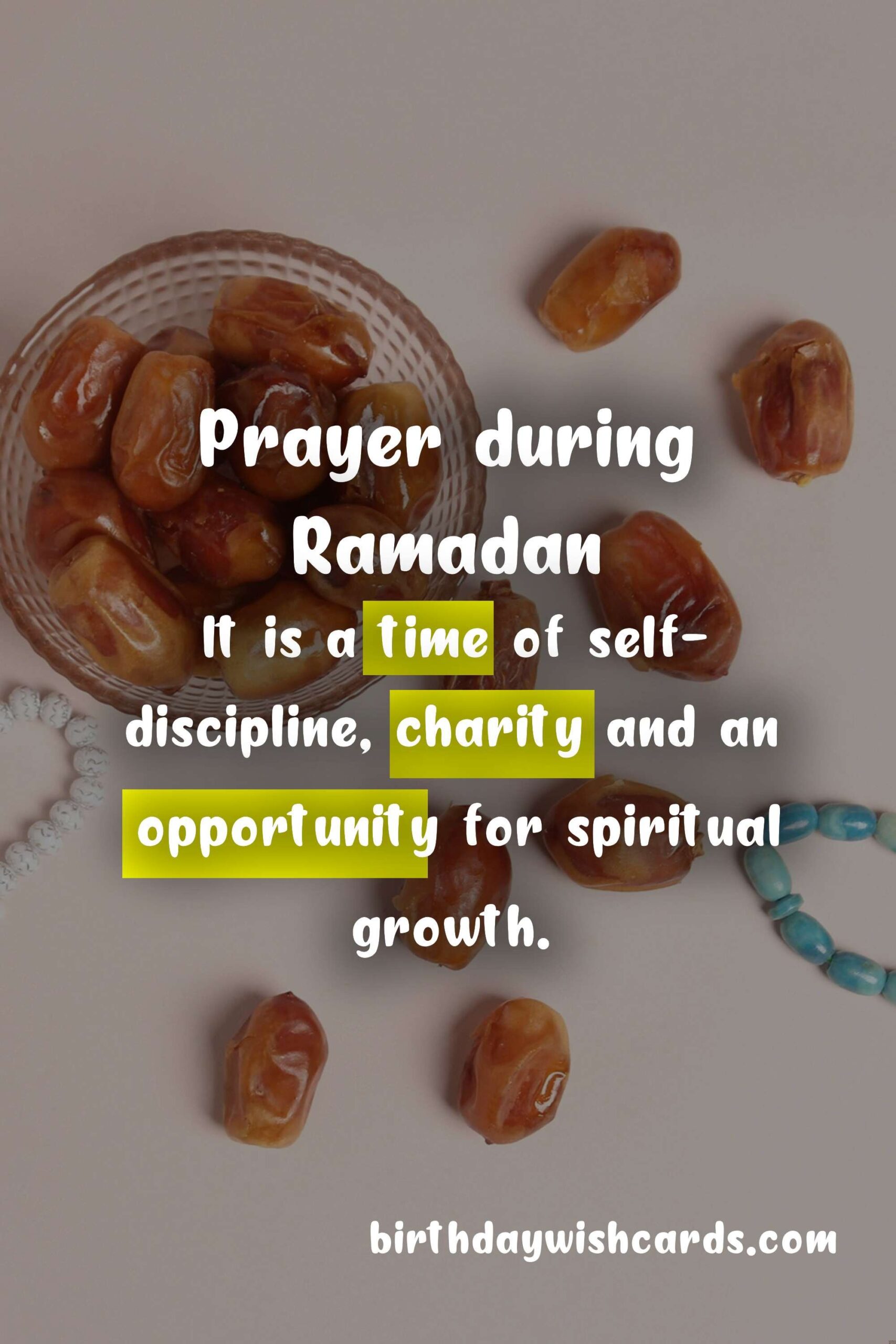
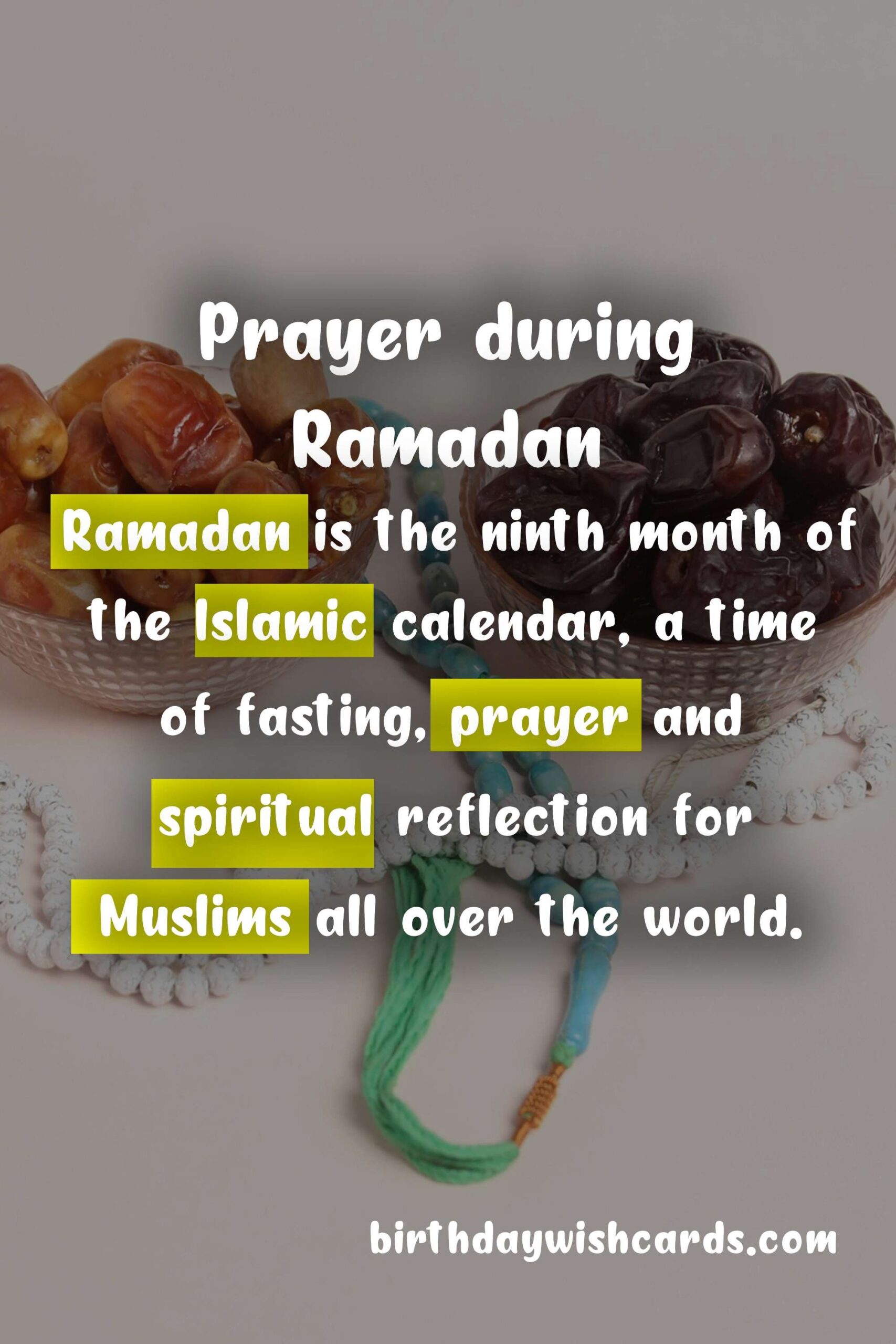
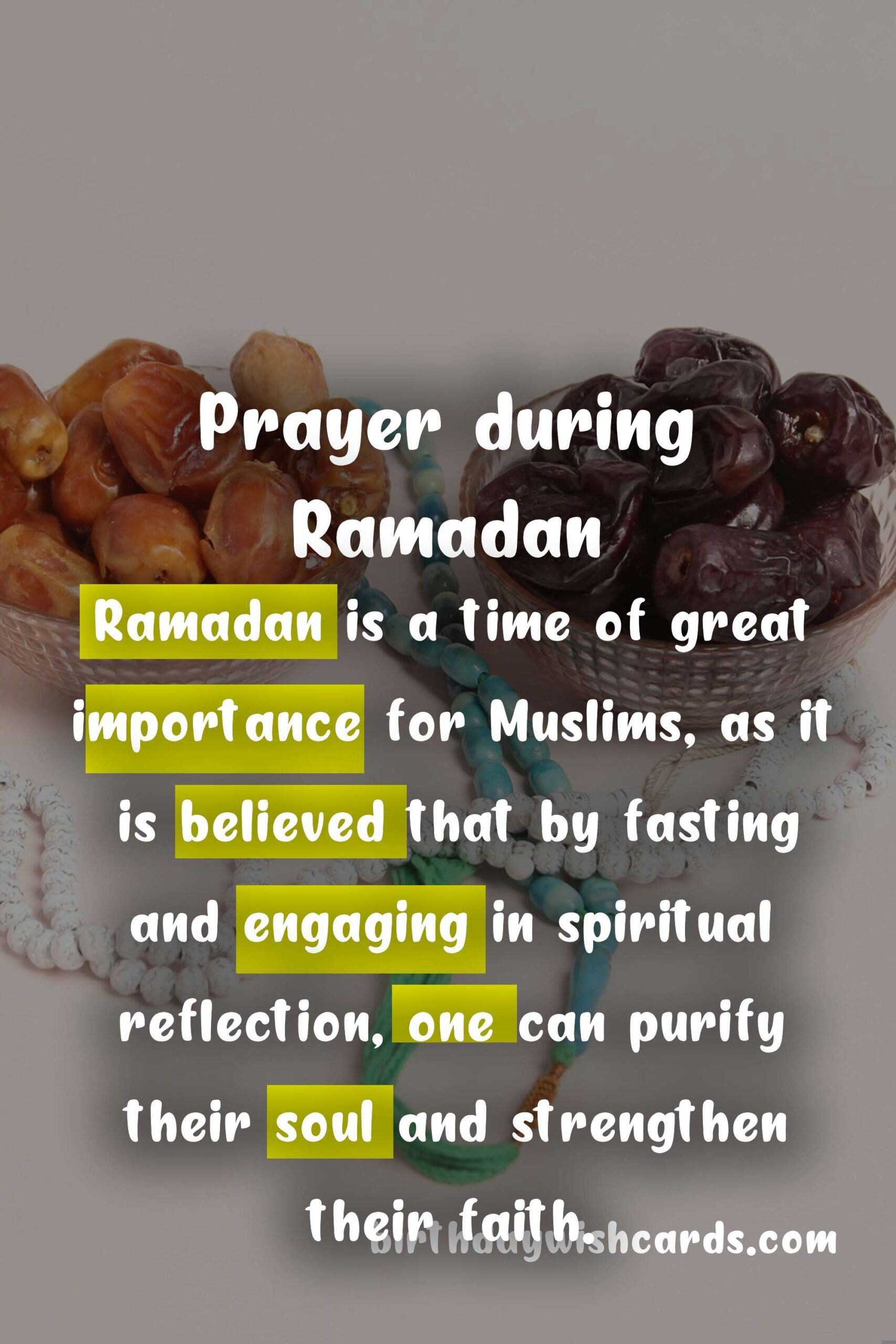

#Ramadan #Fasting #SpiritualReflection #EidalFitr #IslamicCalendar


